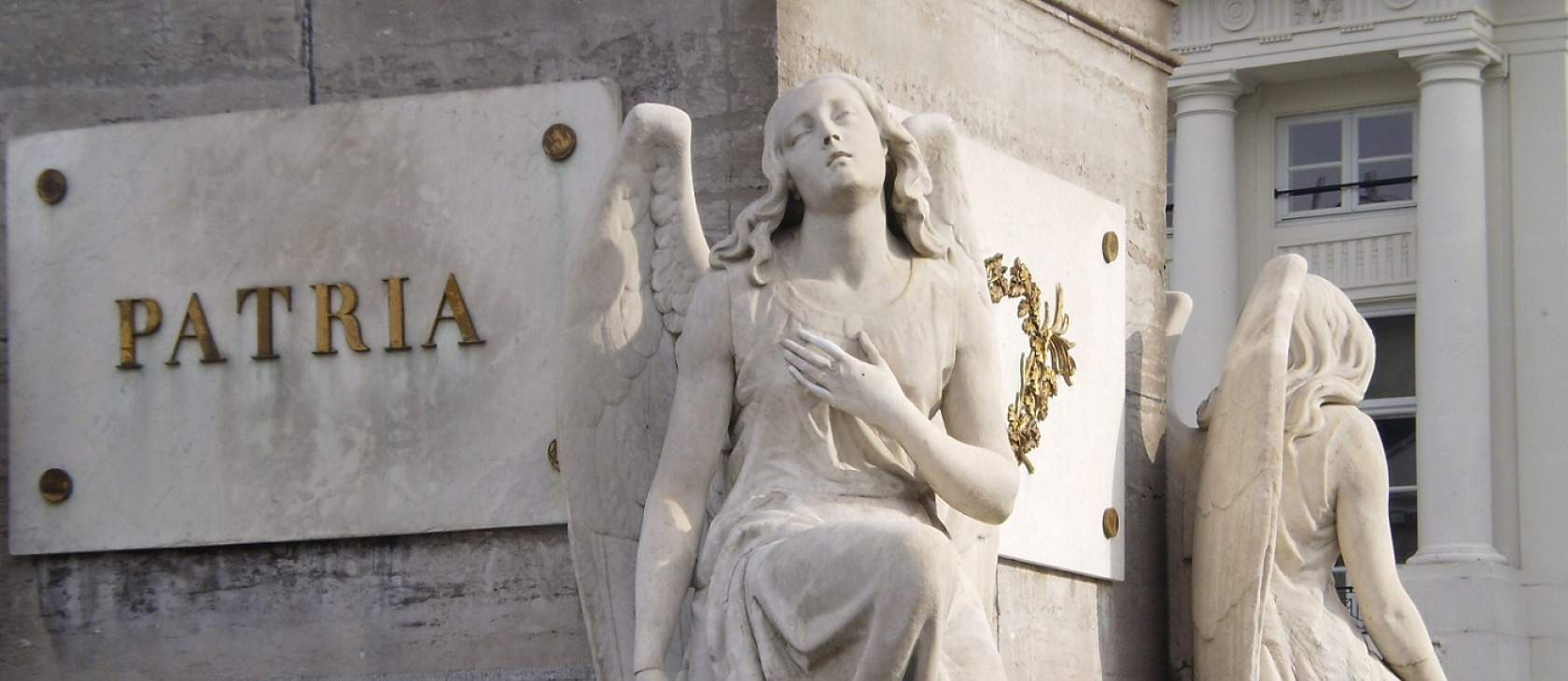Europe is committing “suicide” due in large part to its rejection of its own values, according to an op-ed just published in the UK. Author Douglas Murray is an atheist and no social issues warrior. Nonetheless, he highlights the role that encroaching secularism, relativism, and cultural self-doubt play in the approaching European endgame:
Europe today has little desire to reproduce itself, fight for itself or even take its own side in an argument. Those in power seem persuaded that it would not matter if the people and culture of Europe were lost to the world.
“There is no single cause of the present sickness,” he writes. Yet “the culture produced by the tributaries of Judaeo-Christian culture, the ancient Greeks and Romans, and the discoveries of the Enlightenment has not been levelled by nothing.”
He finds two events to have been pivotal in the downfall. The mass immigration of Muslims who display no interest in assimilation occurred “at the same time [that] Europe lost faith in its beliefs, traditions and legitimacy.” Yet the continent seems incapable of defining what should replace those measures of civilization, leaving an entire region to inherit the wind:
If being “European” is not about race, then it is even more imperative that it is about “values”. This is what makes the question “What are European values?” so important. Yet this is another debate about which we are wholly confused. …
[R]eligion had not only retreated in western Europe. In its wake there arose a desire to demonstrate that in the 21st century Europe had a self-supporting structure of rights, laws and institutions that could exist even without the source that had arguably given them life.
In the place of religion came the ever-inflating language of “human rights” (itself a concept of Christian origin). We left unresolved the question of whether or not our acquired rights were reliant on beliefs that the continent had ceased to hold, or whether they existed of their own accord. This was, at the very least, an extremely big question to have left unresolved while vast new populations were being expected to “integrate”.
Murray rightly notes the Christian roots of human rights – including non-sectarian government. He is more prescient to ask if the panoply of “human rights” will endure once Europe finds itself drifting away from its patrimony, as the cultural memory of classical European and Judeo-Christian values evaporates (or, for many of its newly minted citizens, never existed in the first place).
Religions create cultures, which frame the boundaries of politics. That is why we have placed the question of transatlantic values at the heart of our coverage of the EU. People of faith – and indebted children of modernity – should mourn the likelihood that the continent will slowly drift away from the principles, economic systems, and political philosophies that produced the jewel of Western civilization.
One suspects the values our readers would highlight may differ from any list enumerated by Mr. Murray. But we are grateful that people are asking the question.
The full piece, which is excerpted from his book The Strange Death of Europe, is behind a paywall at the Times. Longer excerpts are available online. The Spring 2017 issue of Religion & Liberty, which deals with the issue of transatlantic values, may be downloaded here.
(Photo credit: Dr. Les Sachs. This photograph has been cropped. CC BY 2.0.)




